April 2019
Volume 21, Number 4
Federation of State Boards of Physical Therapy
In this News Brief:
Submit 2019 Excellence in Regulation Award Nomination
Forms—Due June 1
The Excellence in Regulation Award recognizes jurisdictions that have made significant accomplishments towards increasing public protection for consumers of physical therapy services in a number of areas. To nominate a jurisdiction, including your own, submit a Nomination Form to communications@fsbpt.org by 9am ET Friday, May 31, 2019. Late submissions will not be accepted. The winning jurisdiction(s) will be recognized at the Annual Meeting in Oklahoma City, Oklahoma, in October.
The Slate for the 2019 Delegate Assembly Elections
The Nominating Committee is pleased to announce the slate for this year’s elections at the FSBPT Delegate Assembly in Oklahoma City, Oklahoma. The election will take place the last day of the Annual Meeting, Saturday, October 26, 2019. Candidate statements will appear in the Delegate Handbook, which will be available on the FSBPT website for membership review closer to the meeting date.
 |  |  | 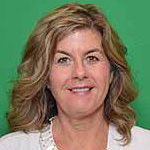 |
| President: Nancy Kirsch, NJ | Vice President: David Relling, ND | Nominating Committee Member: Debra “Debbie” Kubota, HI | Nominating Committee Member: Sherise Smith, NV |
Please join FSBPT in thanking the 2019 Nominating Committee Members, Danny Landry (Chair), Timothy Vidale, and Sherri Paru, for their work this year.
LAST CALL: Elect Your 2019 Delegates and Funded Administrator
Member board chairs and administrators, we will need your delegates and funded administrator credentialedby May 1, 2019.
We ask boards to elect one person to serve in each of these roles (if feasible):
- Voting delegate: casts the jurisdiction’s vote in the Delegate Assembly for motions and elections
- Funded alternate delegate: serves as the voting delegate should the elected voting delegate not be able to attend
- Funded administrator: can serve as the voting delegate for jurisdictions that do not elect delegates
The bylaws require that those who serve as delegates or funded administrators at the Delegate Assembly be elected by their respective boards. Credentialing is open and administrators have received information to complete the process.
This year FSBPT will fund the following attendees at LIF and the Annual Meeting:
Leadership Issues Forum, July 13-14, Alexandria, Virginia
- voting delegate
- board administrator
Delegate Assembly & Annual Meeting, October 24-26, Oklahoma City, Oklahoma
- voting delegate
- funded alternate delegate
- board administrator
Thank you to the following jurisdictions who have already completed the credentialing process:
Arizona, Colorado, Florida, Hawaii, Idaho, Kentucky, Louisiana, Maryland, Michigan, Minnesota, Missouri, Montana, Nebraska, Nevada, North Carolina, North Dakota, Ohio, Oregon, Puerto Rico, Rhode Island, South Carolina, Tennessee, Texas, Vermont, Washington
Back to Top
Staying Informed
You may have noticed we recently switched to a new email communications provider. Constant Contact allows us more design options, enhanced tools, and increased flexibility. While we have transferred our contact lists, you can ensure that you receive the notifications you want by subscribing directly to the following communications:
Regulatory Training for Members and Board Staff
All board members and board staff (administrators, licensing specialists, and attorneys) are eligible to participate. This training provides an in-depth understanding of your role as a regulatory board member or staff person in protecting the consumers of physical therapy services. We also provide an overview of the services FSBPT provides to our members.
The training will be held August 16-18, 2019, in Alexandria, Virginia. Costs are covered by FSBPT.Attendance is limited and priority is given to first-time attendees. Read our Frequently Asked Questions about Regulatory Training Registration and Travel for more information.
Requests must be received before June 1, 2019, for consideration. To reserve a spot, email communications@fsbpt.org.
The PT Compact is Growing
Three new states, Arizona, Kentucky, and Nebraska, are now issuing and accepting compact privileges. In addition, Georgia’s governor signed the PT Compact bill, making Georgia the twenty-fourth member state. To see all the states participating in the compact, view our PT Compact map.
2019 INPTRA Conference in Geneva, Switzerland, May 8-9
Preceding the World Confederation for Physical Therapy Congress this year, the International Network of Physiotherapy Regulatory Authorities (INPTRA®) will be holding its biennial meeting in Geneva, Switzerland. Follow INPTRA on Twitter and Facebook to get live posts on the conference.
Back to Top
Georgia Opts into the Alternate Approval Process
In April, Georgia joined thirteen other states by opting into the Alternate Approval Process (AAP). Under AAP, when an applicant who is a graduate of a CAPTE accredited program registers for the NPTE, FSBPT will make the candidate eligible to sit for the NPTE provided that the candidate meets all NPTE eligibility requirements. Under AAP, FSBPT also handles the review of all requests for testing accommodations in accordance with the Americans with Disabilities Act. Contact FSBPT if your jurisdiction is interested in opting into AAP.
American Physical Therapy Association Awards
The APTE Board of Directors recently announced the members who will receive awards on June 13 during NEXT. Two members of the Academy of Advanced Item Writers will be honored: Ron Barredo, who also volunteers frequently with FCCPT, will be recognized as a Catherine Worthingham Fellow and Myles Quiben, who has also served on FSBPT exam committees, will receive the Lucy Blair Service Award.
NPTE Workshop for Educators
FSBPT is preparing to host the NPTE Workshop for Educators Saturday and Sunday, October 5-6, 2019, in Los Angeles, California, at the Hyatt Regency Los Angeles International Airport. Like the workshops held at the FSBPT offices, attendees should expect to receive valuable insights on how the NPTE is developed and how to prepare students for the NPTE as well as hands-on assistance in writing test items similar to those on the NPTE.
Please check the NPTE Workshop for Educators webpage for more information and registration resources as we continue to update and solidify details.
The Type 1 Review: What it is and What it isn’t
The Comprehensive Credentials Review (Type 1 Review) is a service solely provided by the Foreign Credentialing Commission for Physical Therapy for applicants who need the Health Care Worker Certificate (HCWC), for United States Citizenship and Immigration Services (USCIS) clearance for immigration and employment as a licensed physical therapist in the United States.
When a foreign national seeks admission to the United States specifically to work as a physical therapist (or one of six other professions), USCIS requires the individual to have a HCWC prior to obtaining a visa, which allows an individual to work. The HCWC is for professions that have a minimum of a BS entry-level degree, as PTAs are considered para-professionals, they are not eligible for a HCWC. For physical therapy, a master’s degree is now the minimum requirement
USCIS has approved two credentialing organizations, the FCCPT and the Commission on Graduates of Foreign Nursing Schools (CGFNS), to verify the individual has met the minimum requirements and issue the certification. In order to obtain a HCWC, the individual must contact FCCPT or CGFNS. The FCCPT service is called the Comprehensive Credentials Review (Type 1 Review), while CGFNS calls their service VisaScreen©. For FCCPT, the Type 1 review includes an educational credentials review, verification of English proficiency, and verification of eligibility to practice in the country of education and of all licenses and registrations since graduation. This is the only service resulting in the HCWC that FCCPT currently offers.
Effective April 1, 2017, the following educational criteria must be met by applicants to be eligible for the Type 1 Certificate from FCCPT:
- Completion of a Post-Bachelor's degree;
- A minimum of 210 total semester credits (general + professional education); and
- An education credentials review demonstrating substantial equivalence using the current Coursework Tool (CWT6).
Type 1 is a service review provided by FCCPT that results in a HCWC. Statutes that require or refer to a Type 1 are not accurate and may be confusing as Type 1 is solely an FCCPT service. The jurisdiction should list the following requirements instead of referring to a Type 1:
- An assessment of education for comparability to the first professional degree in physical therapy in the United States (CAPTE accredited program).
- Verification that all professional health care licenses ever held by the applicant are valid and without restrictions; this includes any licenses since graduation in any country.
- Verification of the applicant's eligibility to practice physical therapy in the country where the first professional degree in PT was obtained.
- Documentation that the applicant demonstrates the necessary level of proficiency in oral/written English as defined by USCIS regulations. The Test of English as a Foreign Language (TOEFL) is required for PTs.
- If the individual has passed the NPTE, they must provide verification.
Back to Top
Spotlight on Member Resources: Telehealth in Physical Therapy
The purpose of this resource is to provide information and general guidance to physical therapy jurisdictional authorities for regulating the use of telehealth technologies in the practice of physical therapy.
Telehealth is not a new treatment, or an expansion of scope of practice, but a means to deliver physical therapy care to those in need. The physical therapist is still responsible for the care of the patient and for making determinations of the best means to deliver that care. The standards of care and practice, laws, and regulations currently required to be followed for any in-person encounter must also be followed for any encounter via telehealth.
Regulators should review existing statute and rules to determine if the language is sufficient to authorize physical therapy to be delivered via telehealth technology; then only drafting new language if required.
Our Gratitude for Volunteers
This month, we thank the generous volunteer members of these groups for their support of our mission:
Ethics and Legislation Committee
- Tina Baum
- Deborah McDonald
- Kirk Peck
- Jerry Smith
- Judd Warren
Exam Development Committee - PT
Exam Development Committee - PTA
In the News
Telepractice Rules Become More Complicated, Grey Areas, April 2019
"A decision released by the Ontario Court of Appeal...makes it more difficult to determine when electronic, cross-border professional services can be restricted."
Legislation would increase physical therapists’ autonomy, Indianapolis Business Journal, March 22, 2019
"A bill advancing through the General Assembly would give more autonomy to the state’s 5,030 physical therapists...For the first time, the state would set up an Indiana Physical Therapy Board to regulate and discipline the profession. The board would be made up of five physical therapists, a physical therapist assistant and an independent person. That would allow PTs to be regulated by their peers, a move that would remove much of the medical hierarchy from the process."
“Breaking Bread” to Combat Burnout, Catalyst, March 14, 2019
"In early 2018, Primary Care Progress — an organization working to strengthen the health care community — embarked on an initiative to better understand the community of care in the trenches of American medicine. We wanted to go beyond the well-documented drivers for the rising rates of burnout and professional dissatisfaction; instead, we were curious if there were consistencies in drivers of fulfillment. Our study took us to 34 states to interview hundreds of primary care clinicians, host more than 50 dinners with health care providers, speak at dozens of gatherings, and facilitate 15 focus groups.
"In our pursuit of clinician fulfillment, we indeed discovered a powerful and prevailing theme — connection. But where we found the greatest spaces for connection — the presence of connection and the opportunity to cultivate greater connection — was perhaps the bigger surprise: dinner."
Arizona is the First State to Recognize Out-of-State Occupational Licenses
This month, Arizona became the first state to recognize out-of-state occupational licenses.
Arizona Governor Doug Ducey, who signed the bill into law on April 10, told Reason, "We've heard too many stories of licensed, experienced professionals denied the opportunity to work upon moving to Arizona. With this first-in-the-nation reform, Arizonans who have recently moved here will be able to put their skills to work faster and without all the red tape."
Borders within Borders: The Impact of Occupational Licensing on Immigrant Incorporation, Sociology of Race and Ethnicity, April 2, 2019
Abstract: "Over the past four decades, occupational regulation, particularly licensing, which creates a legal right to practice, has engulfed the American occupational structure. Occupational licensure research typically offers theoretical arguments suggesting that licensing limits individuals’ entry into an occupation. For migrants arriving with little financial capital, licensing requirements can act as substantial barriers to occupational entry. On the other hand, licensing delineates, codifies, and publicizes uniform standards for occupational entry, which may have the effect of enhancing accessibility for immigrants. Using a unique longitudinal data set of occupational licensing enactments between 1994 and 2012, combined with nationally representative data from the Current Population Survey, the authors show that licensing creates institutional mechanism that can ease access into occupations for immigrants, particularly for vulnerable immigrant labor groups, particularly for (1) those arriving as adults after the acquisition of education credentials in their countries of origin and (2) those who recently entered the country and may lack the occupational social networks necessary to find and obtain jobs and the cultural capital to follow typical informal paths to entry."
Back to Top
Board Liaisons to Jurisdictions
Members of the Board of Directors serve as liaisons to multiple jurisdictions. Current liaison relationships are listed here for your reference.
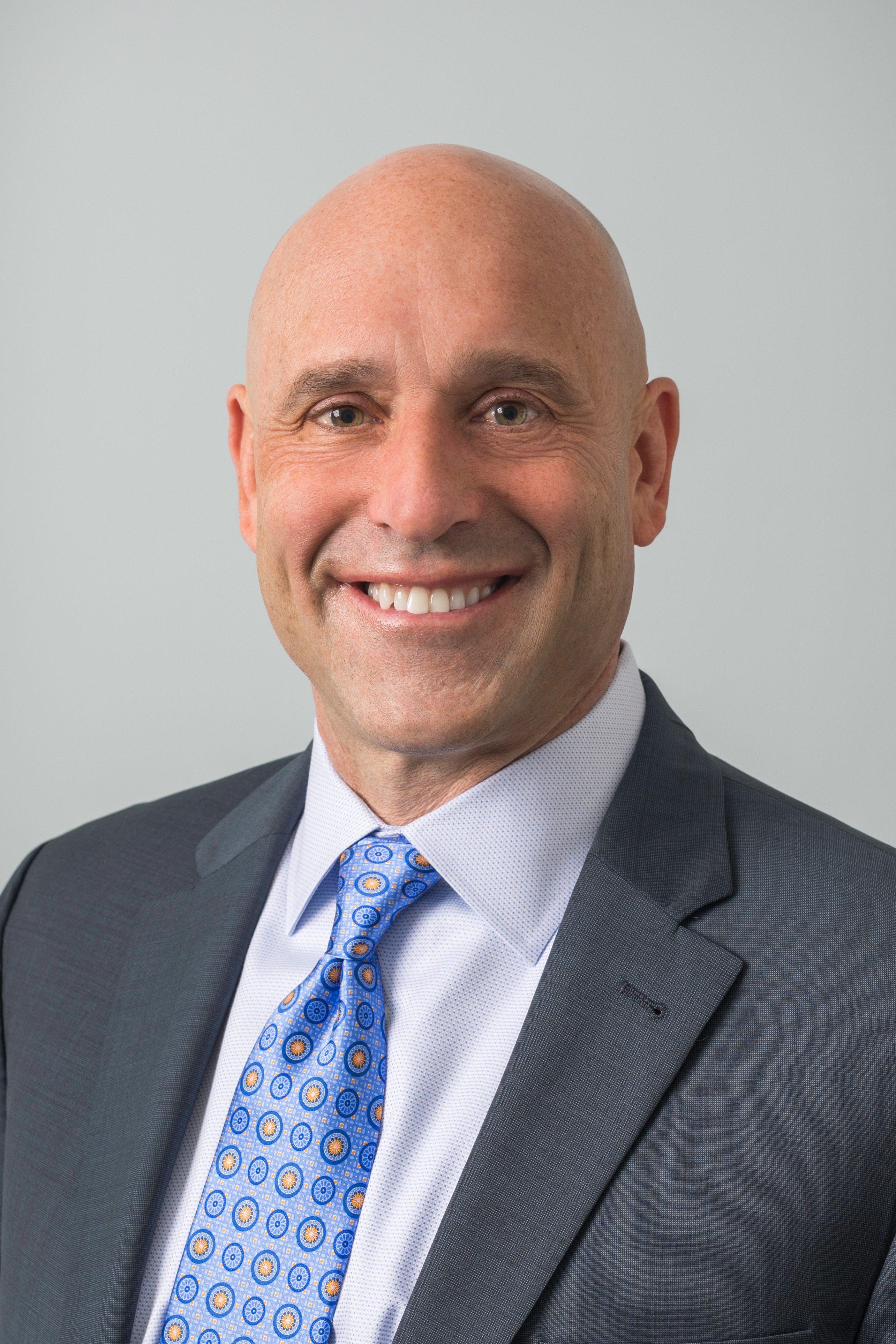 Tom Caldwell
Arkansas, Illinois, Indiana, Missouri, New Mexico, Ohio, Oklahoma, Texas | 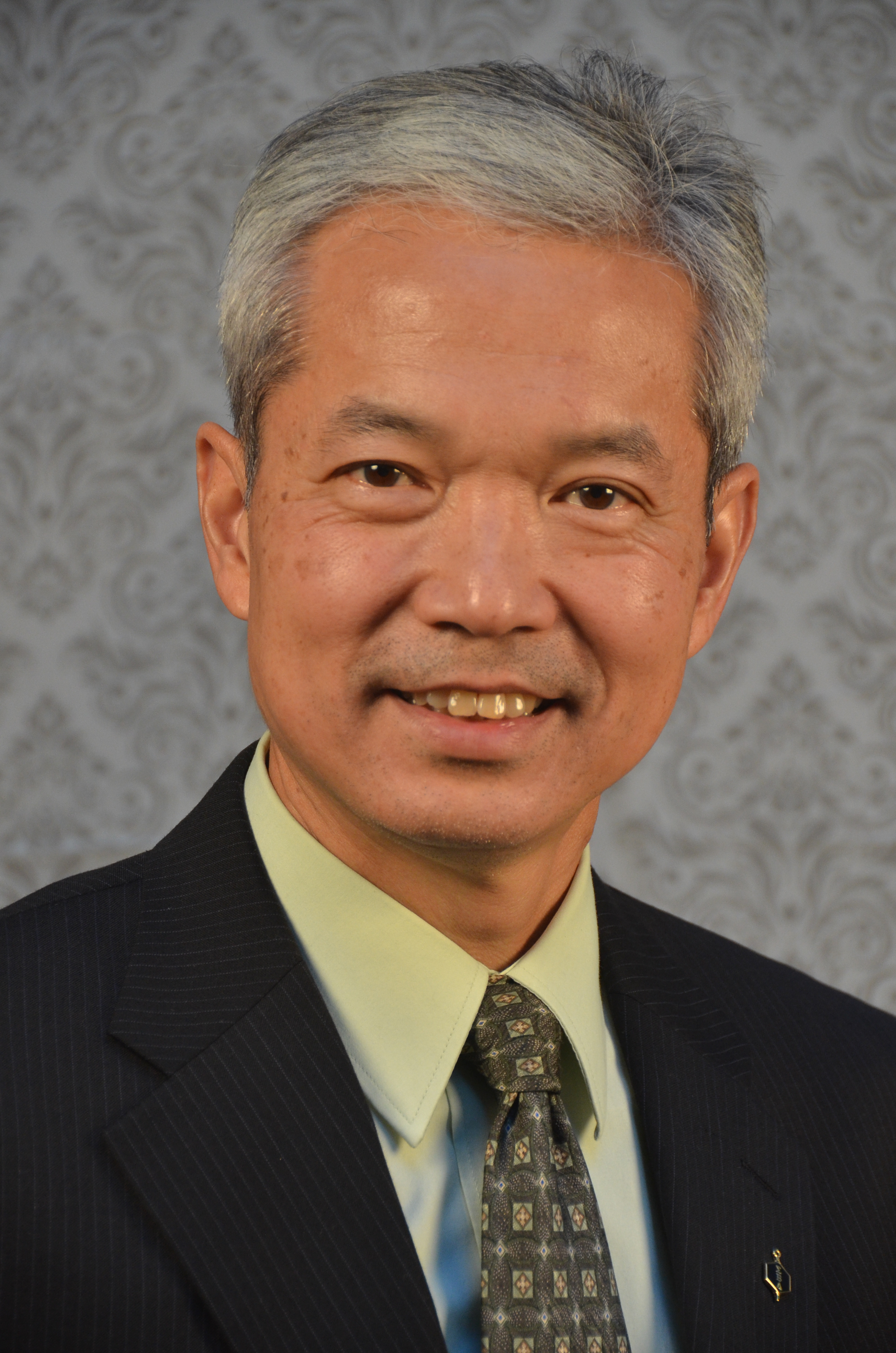 Ruggie Canizares
Colorado, Kansas, Montana, Nebraska, Nevada, Utah | 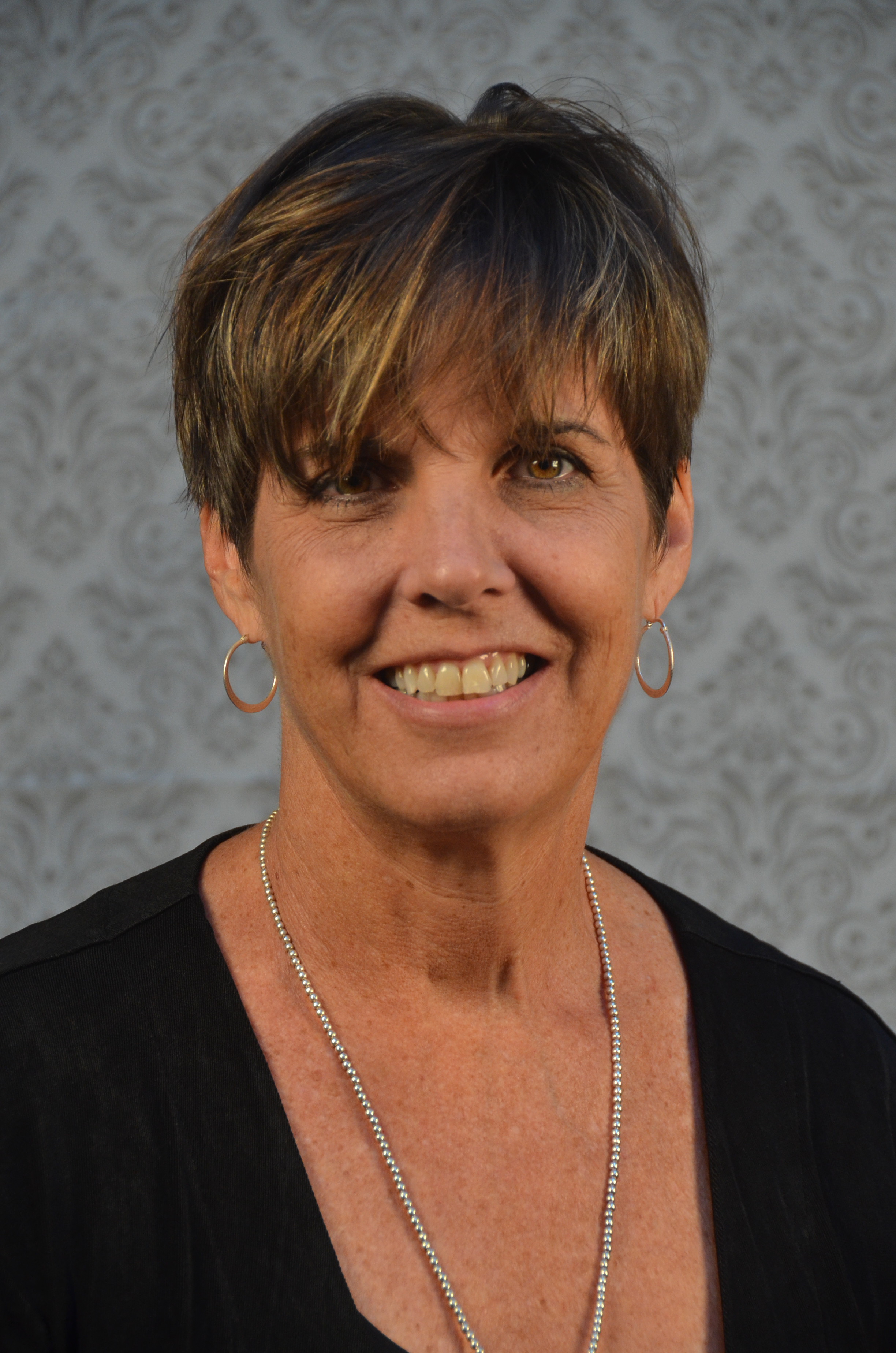 Ellen Donald
Alabama, Florida, Georgia, Louisiana, Mississippi, North Carolina, Tennessee, South Carolina | 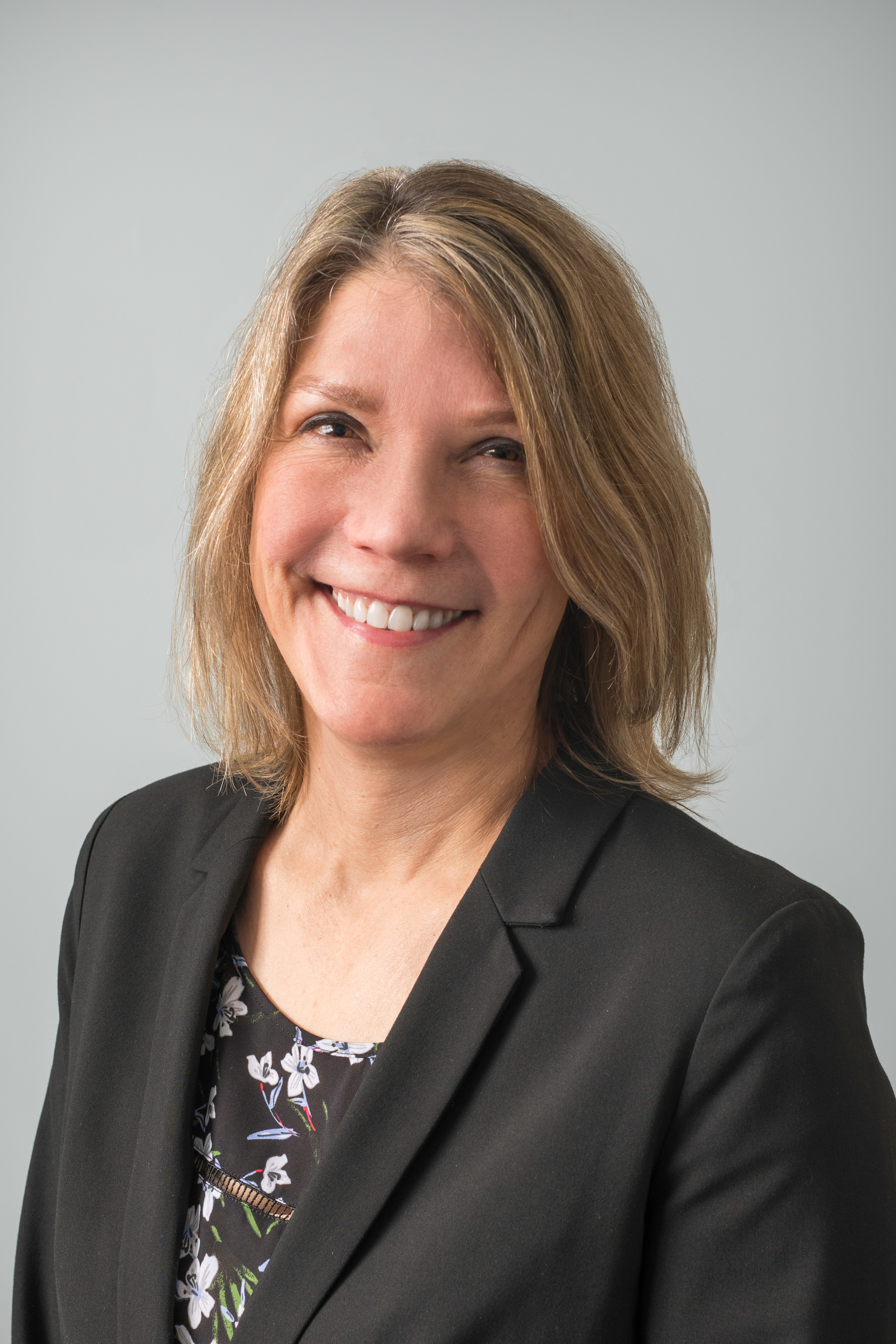 Joni Kalis
Alaska, Arizona, California, Hawaii, Idaho, Oregon, Washington, Wyoming |
 Nancy Kirsch
Connecticut, Maine, Massachusetts, New Hampshire, New Jersey, New York, Rhode Island, Vermont | 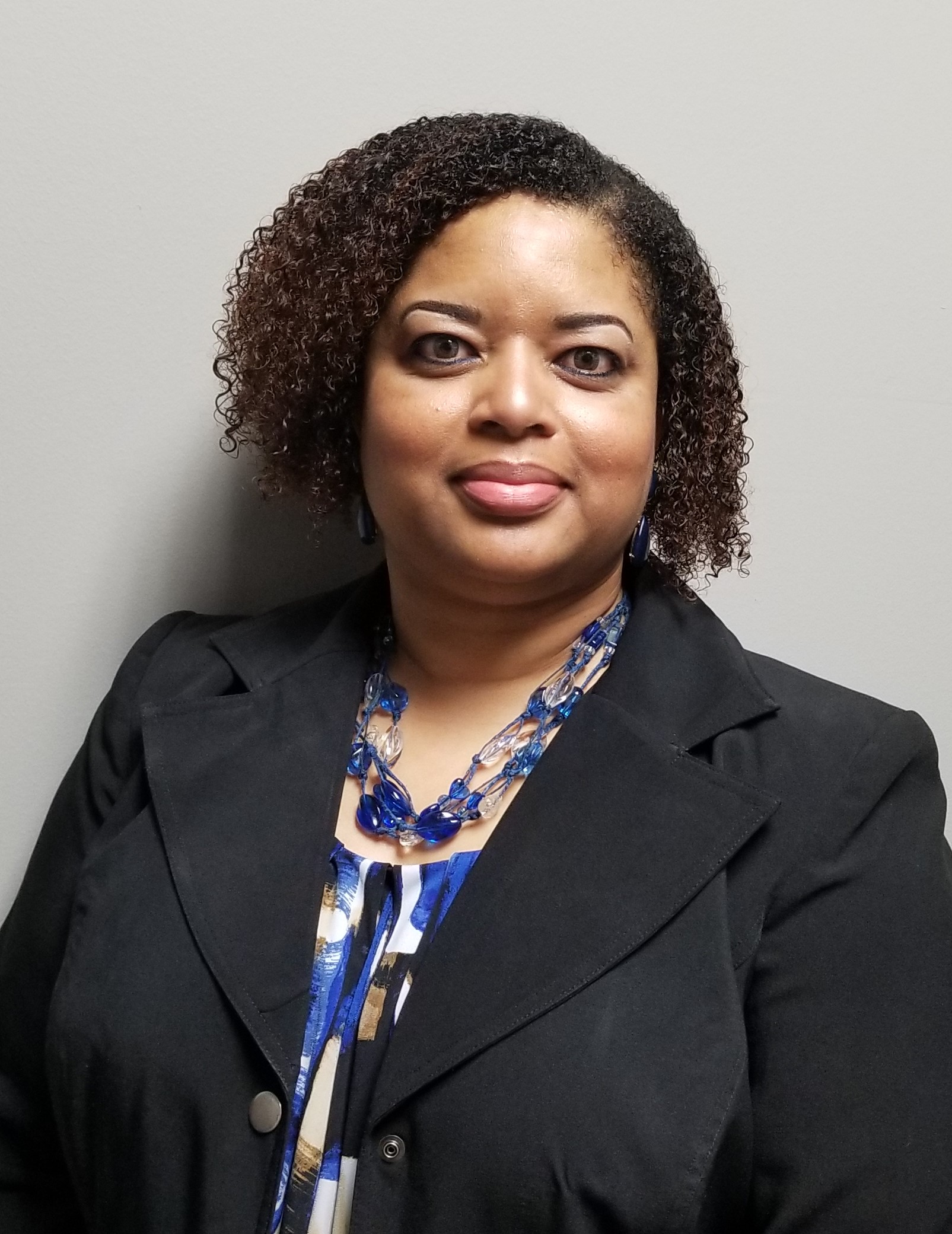 Adrienne Price
Delaware, District of Columbia, Kentucky, Maryland, Pennsylvania, Virginia, West Virginia | 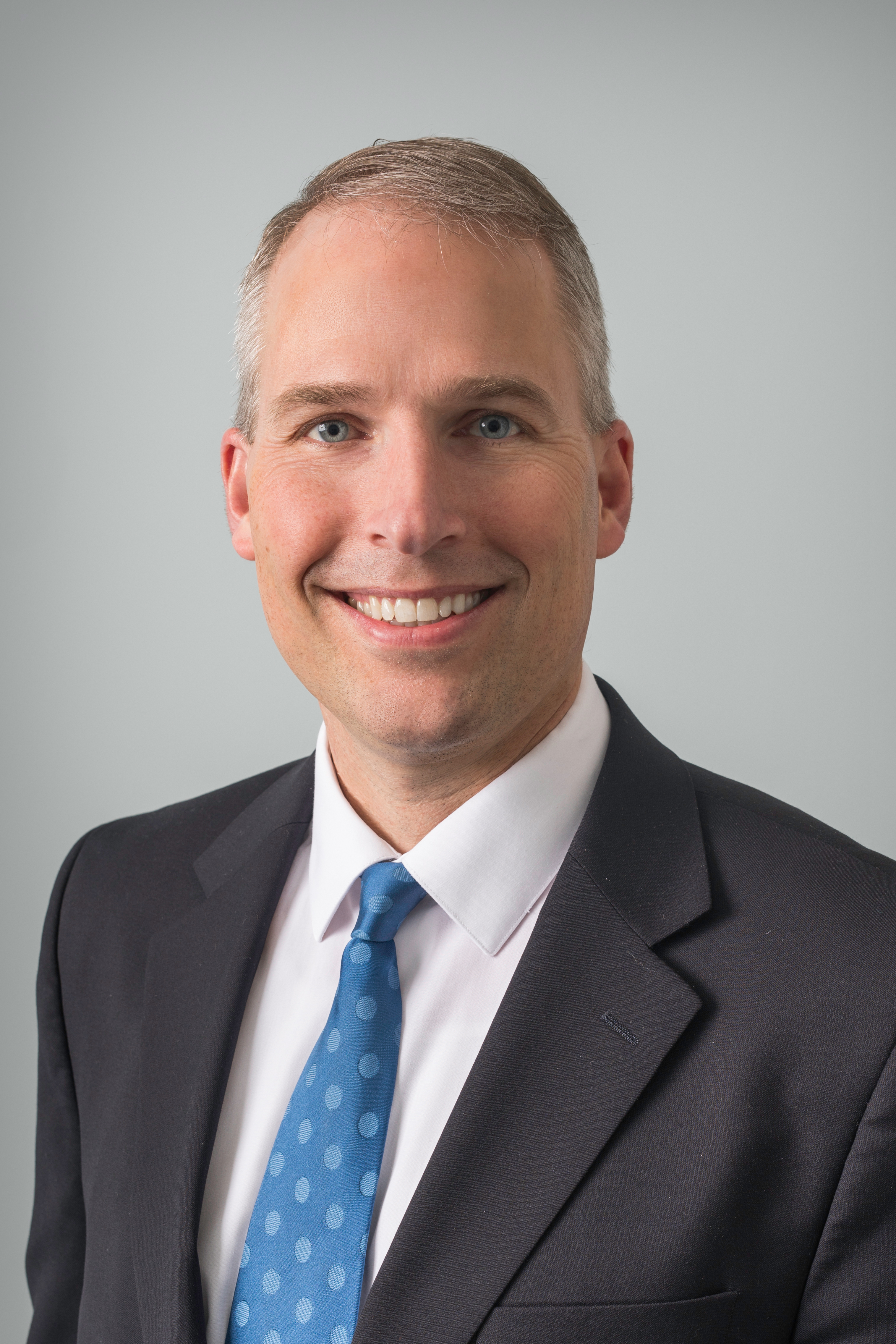 David Relling
Iowa, Michigan, Minnesota, North Dakota, South Dakota, Wisconsin, Puerto Rico, Virgin Islands | 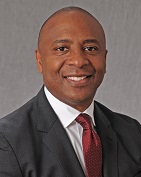 John Young
The public member of the board does not serve as a liaison to jurisdictions. |
Back to Top
Staff Contact Information
Staff Contact Information
If you have questions, challenges or ideas, we want to hear from you!
(703) 299-3100
| Subject | Point of Contact/Email Address |
| ADA accommodations | Christine Sousa |
| aPTitude® | competencestaff@fsbpt.org |
| Assessment or examination development questions | Lorin Mueller, PhD
Susan Layton
npte@fsbpt.org |
| Continuing competence | Jeffrey M. Rosa
Heidi Herbst Paakkonen
competencestaff@fsbpt.org |
| Credentials review | Jaime Nolan, FCCPT |
| ELDD- Exam, Licensure and Disciplinary Database participation | eldd@fsbpt.org |
| Exam registration processing | Christine Sousa |
| Foreign educated issues | Leslie Adrian |
| Immigration | Jamie Nolan |
| JAM- Jurisprudence Assessment Module | competencestaff@fsbpt.org |
| Legislation or Model Practice Act | Leslie Adrian |
| Meeting arrangements | Paul Delaney |
| NPDB reports/questions | Angela Burnham |
| oPTion® | competencestaff@fsbpt.org |
| PTC- Physical Therapy Compact | compact@fsbpt.org |
| PEAT®- Practice Exam & Assessment Tool | peat@fsbpt.org |
| ProCert® | competencestaff@fsbpt.org |
| Reimbursement of expenses
Other financial matters | Bill Aronson
Linda Michelsen |
| School reports | schoolreports@fsbpt.org |
| Score transfer & reporting | Christine Sousa |
| SCP PET- Supervised Clinical Practice Performance Evaluation Tool | scppet@fsbpt.org |
| Security issues | Susan Layton
security@fsbpt.org |
| Anything else, including news to share with members | William A. Hatherill
Francois Marjorie
Caitlin Jennings |
| 
| | Sign off:
That’s all the news today from the Red Tip Photinia covered banks of the Potomac, where the fish are faster, the fishing boats are longer, and the fishermen are still full of stories. - William A. Hatherill, CEO
|